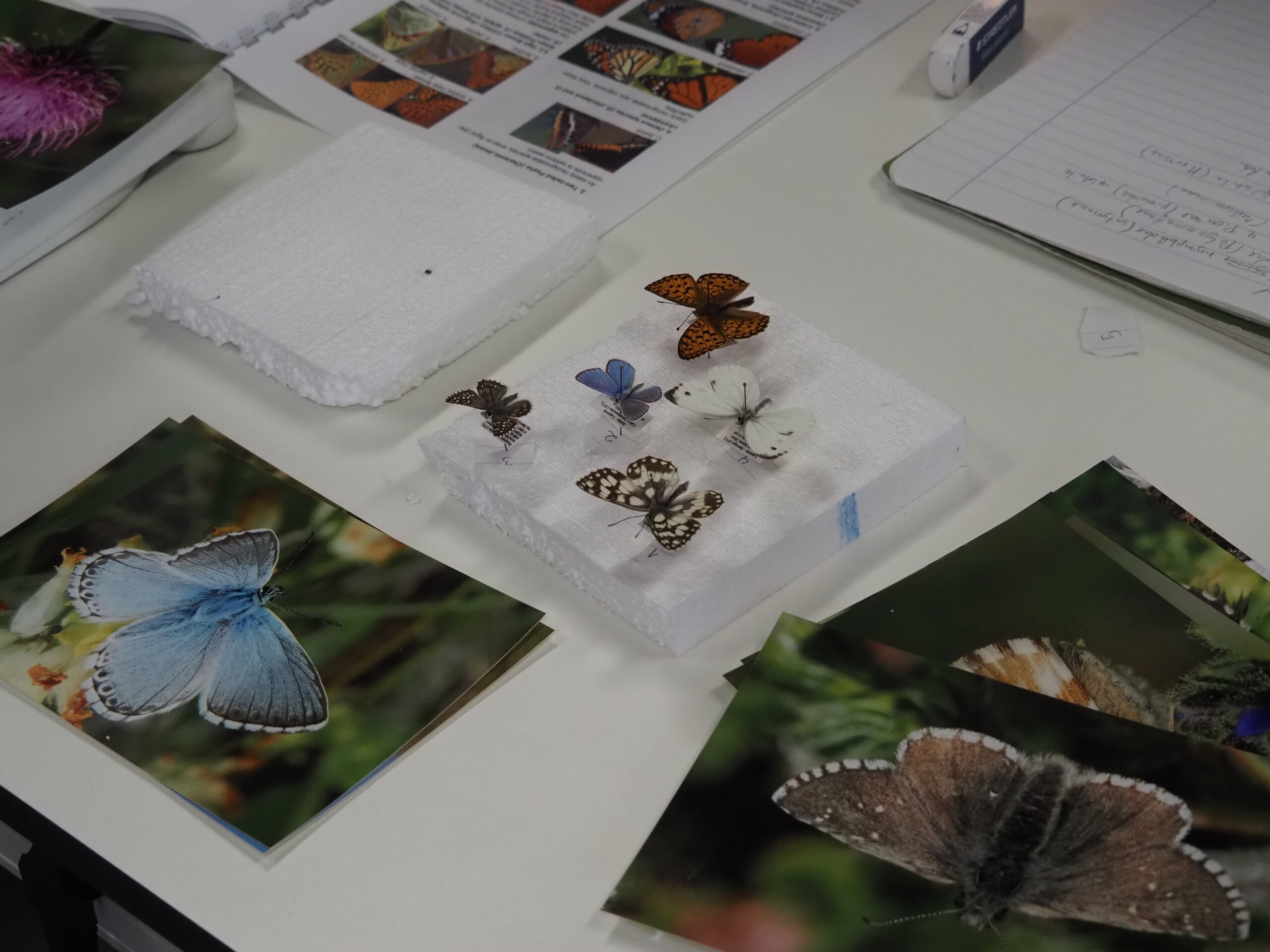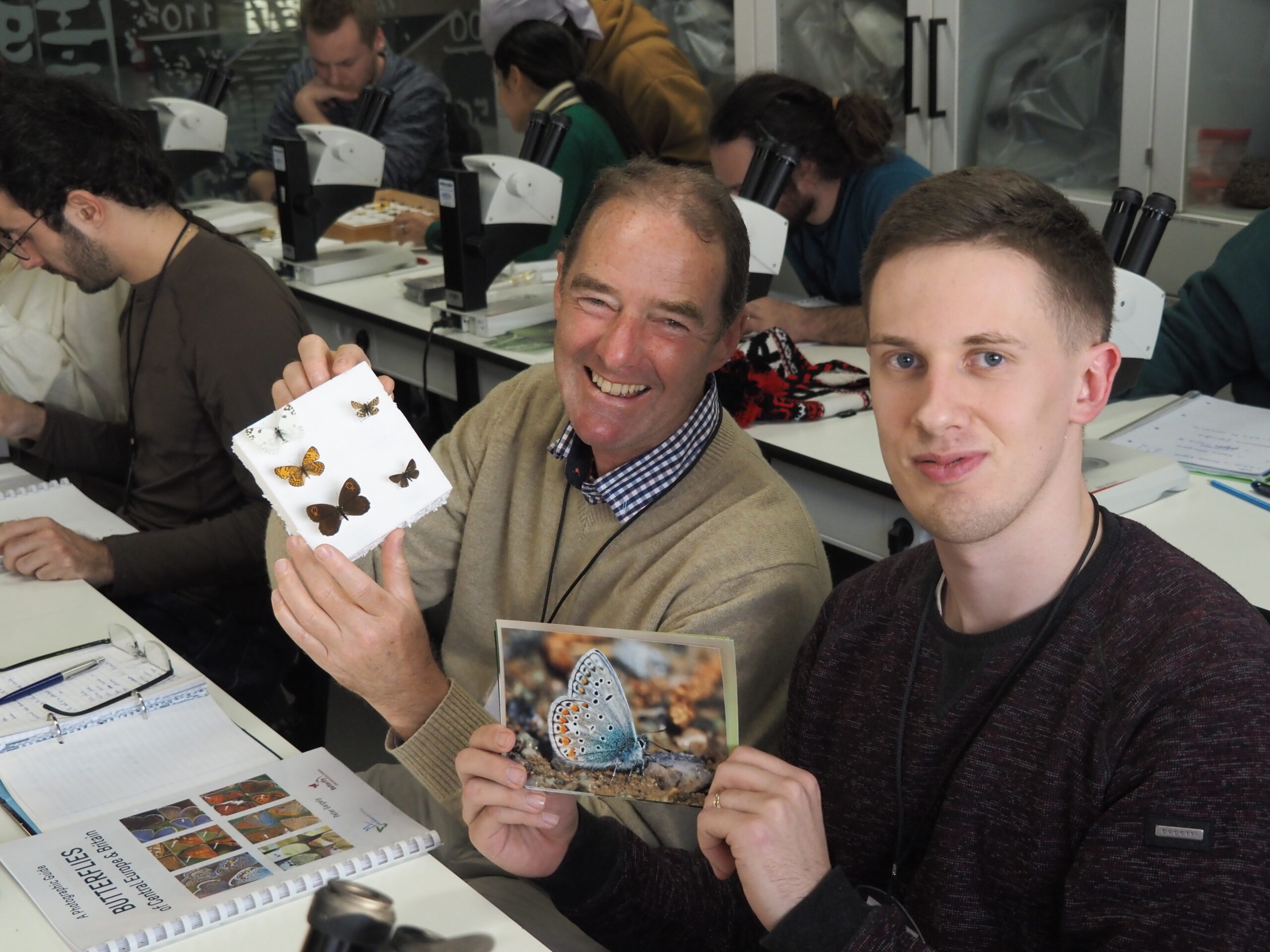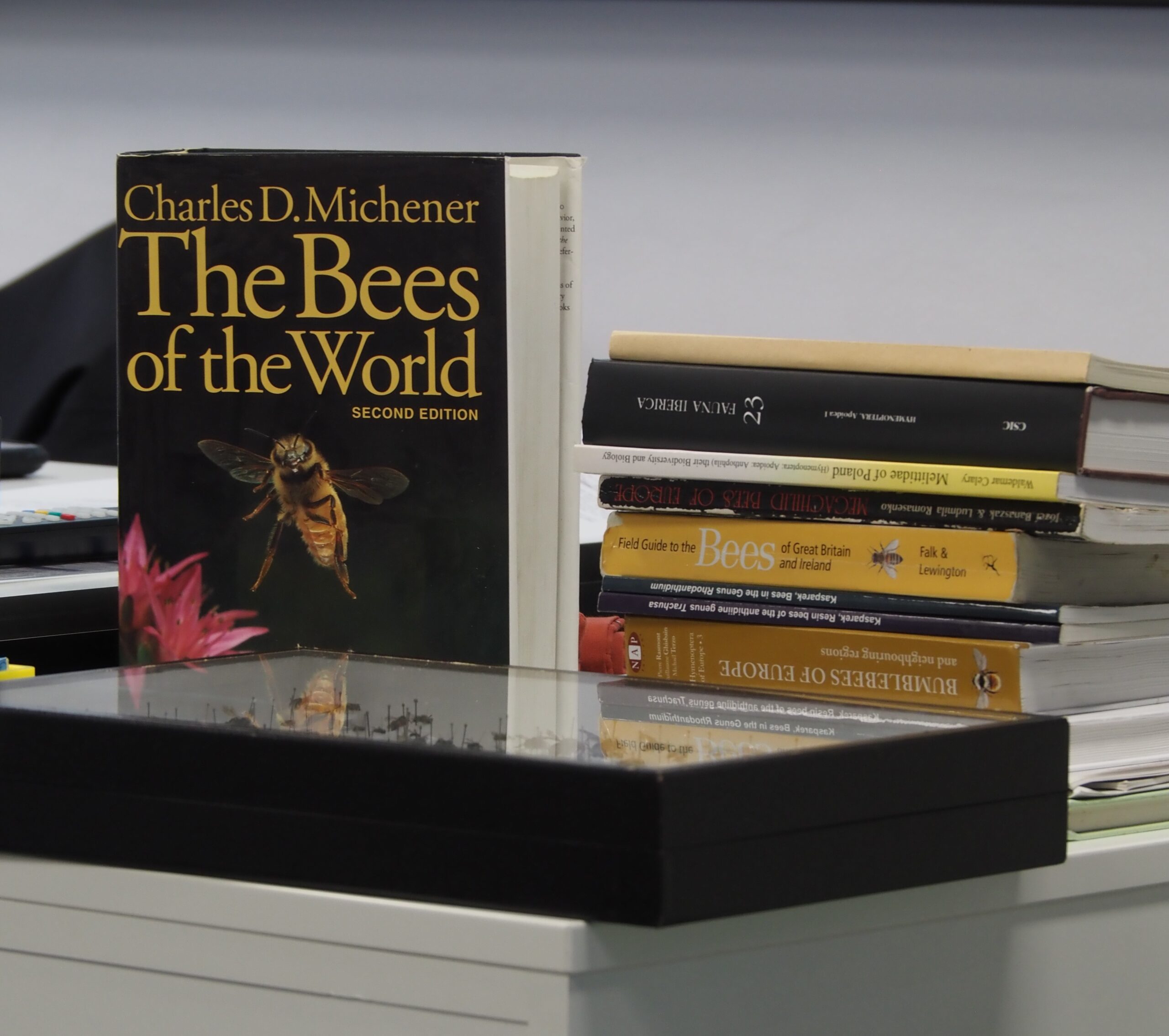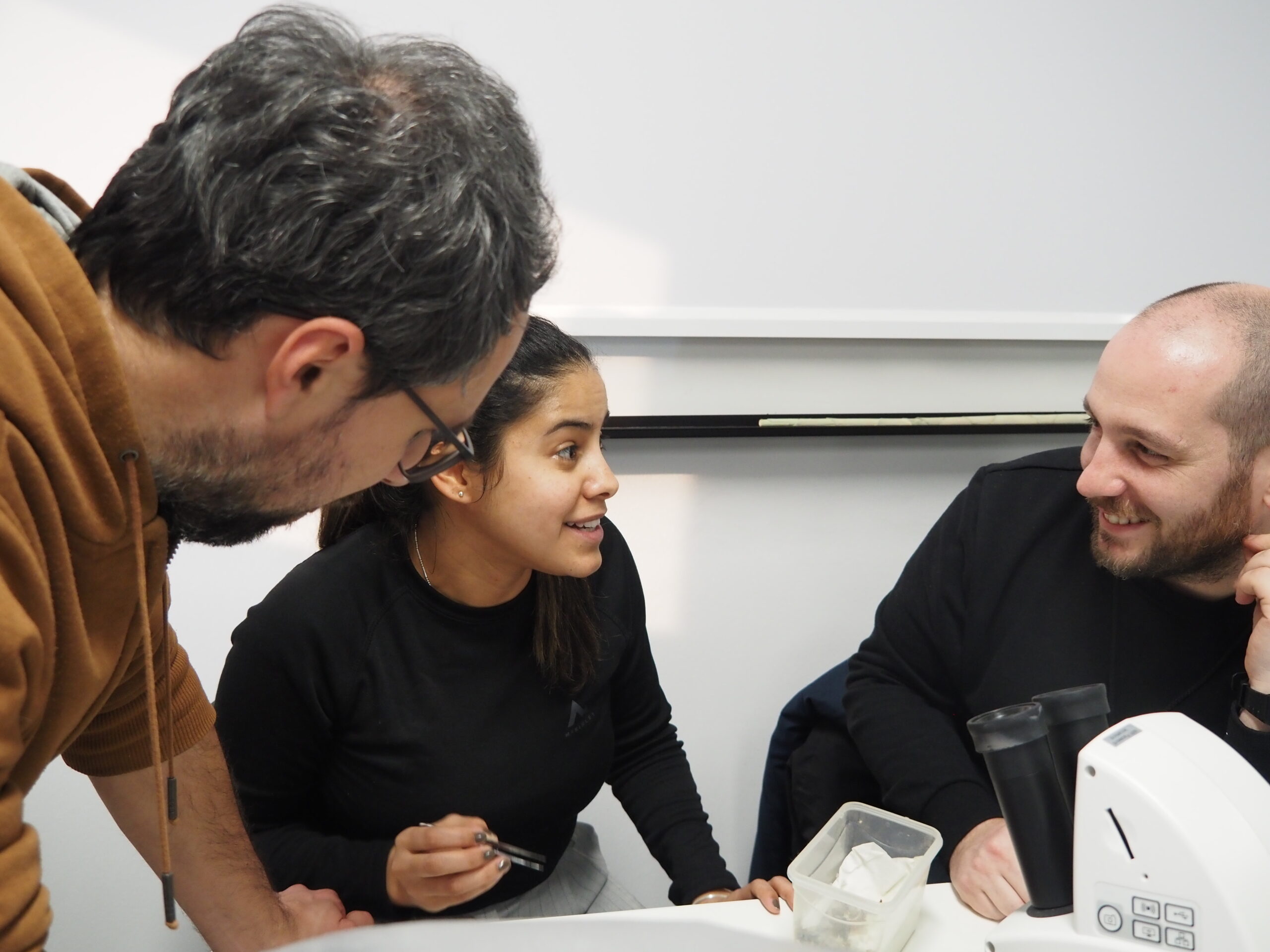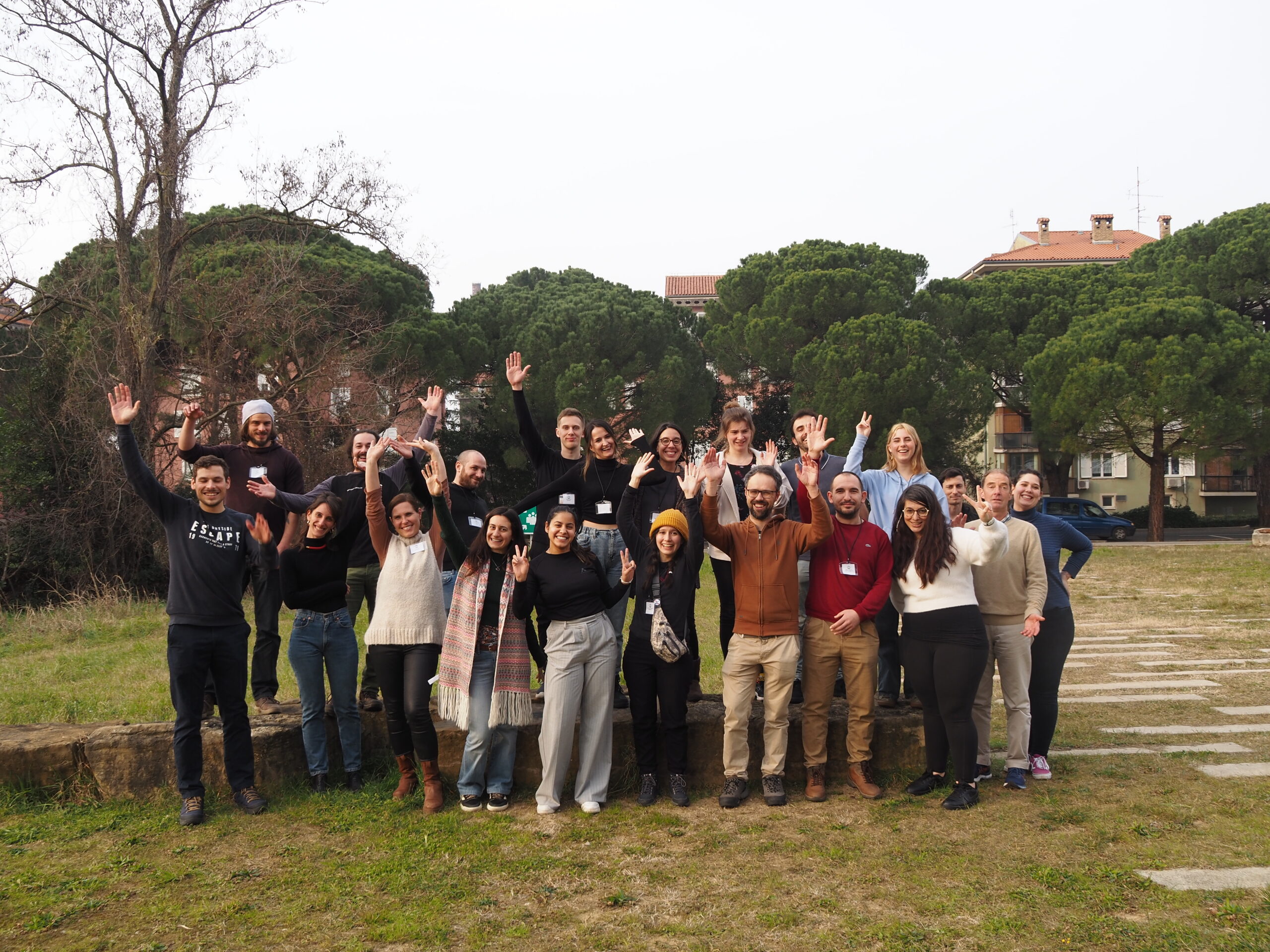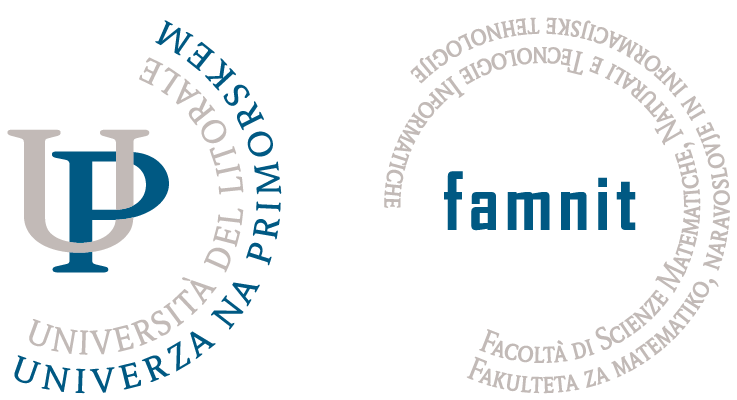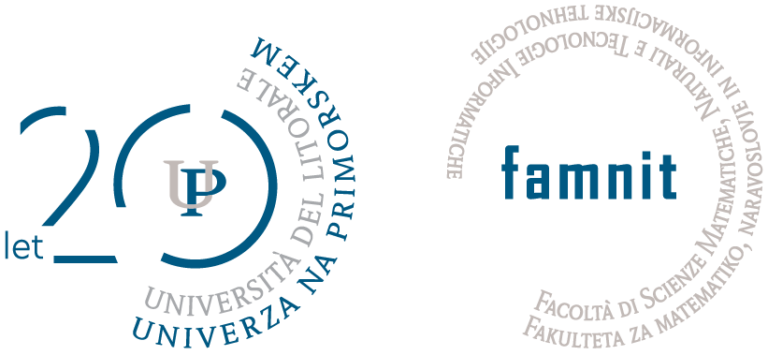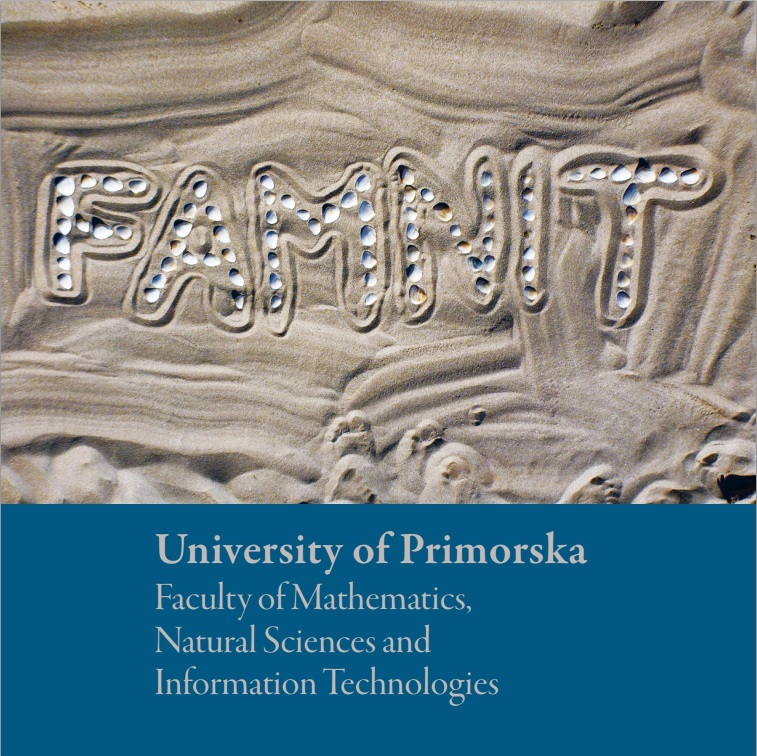Data show that pollinators’ abundance is declining rapidly across Europe and elsewhere, regarding circumstances their monitoring and conservation becoming a high priority for researchers.
From the 15th to 17th of February within the ConservePlants COST Action (CA18201) the Department of Biodiversity UP FAMNIT organized a Training school on pollinator identification in Izola.
Training encourages knowledge and importance of wild pollinators, who provide one of the most crucial ecosystem services on the planet – pollination.
Therefore, participants obtained theoretical and practical knowledge about the meaning and identification of pollinators.
The three-day programme started with an introductory greeting, followed by the first lecture by Hugo Gaspari, who gave a presentation on the importance of the main groups of pollinators, including butterflies, hoverflies and bees, and introduced the participants to the conservation status and monitoring methods. Marco Bonifacinoo introduced participants to butterflies, later they transferred their knowledge to their identification and a demonstration of sample preparation.
The following day Simone Flaminio, Andrej Gogala and Hugo Gaspar gave a detailed presentation on bees, their biology, ecology and taxonomy. In the afternoon, within the workshop, they identified interactively bees diversity.
On the last day, Maarten de Groot gave a lecture on the importance of hoverflies, followed by a practical session on their identification given by Hugo Gaspar.
The program was led by European experts, coming from the Council for Agricultural Research and Agricultural Economy Analysis (CREA), the University of Florence, the Slovenian Forestry Institute and the Centre for Functional Ecology (FLOWer lab) from the University Coimbra.
